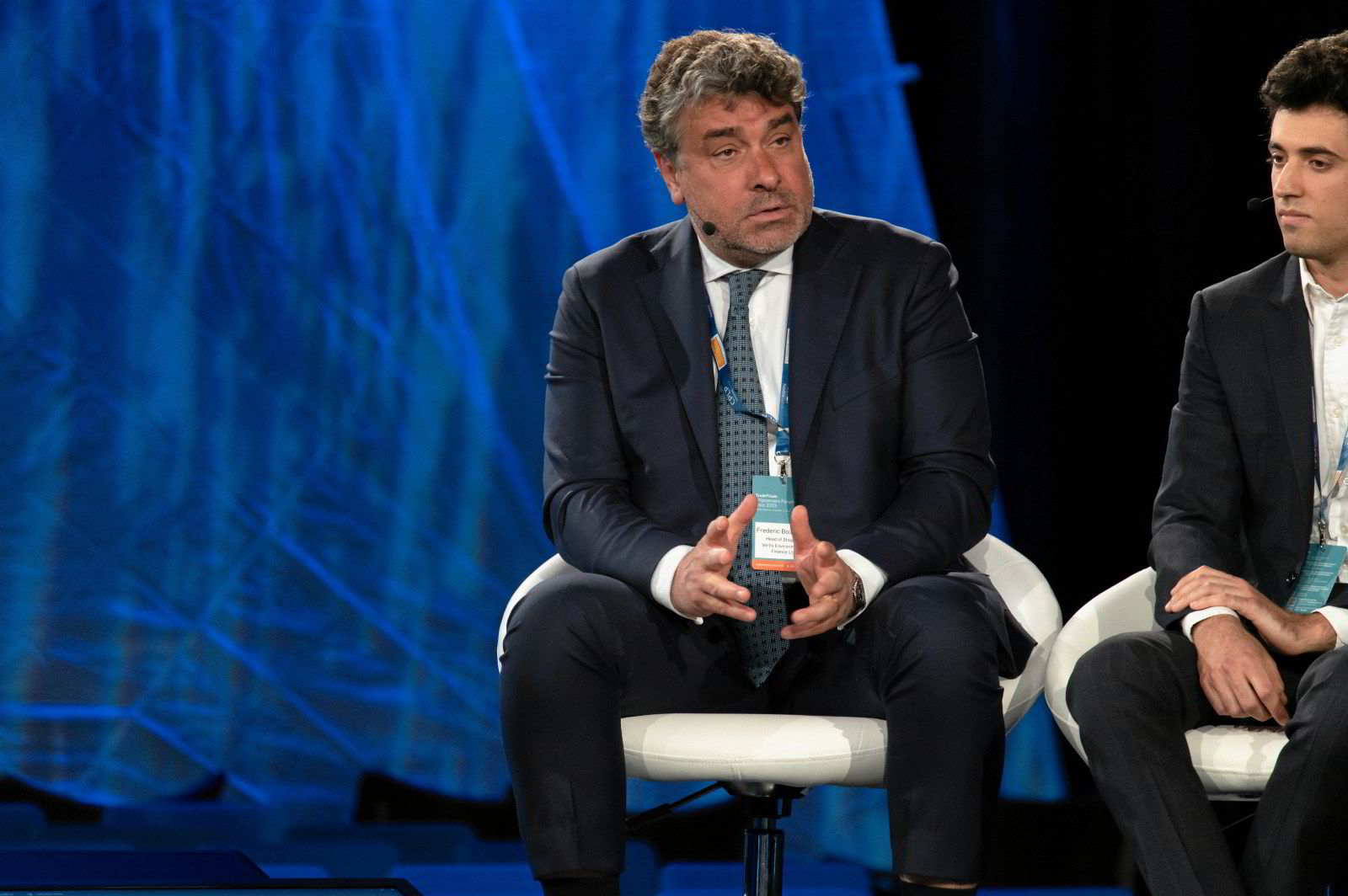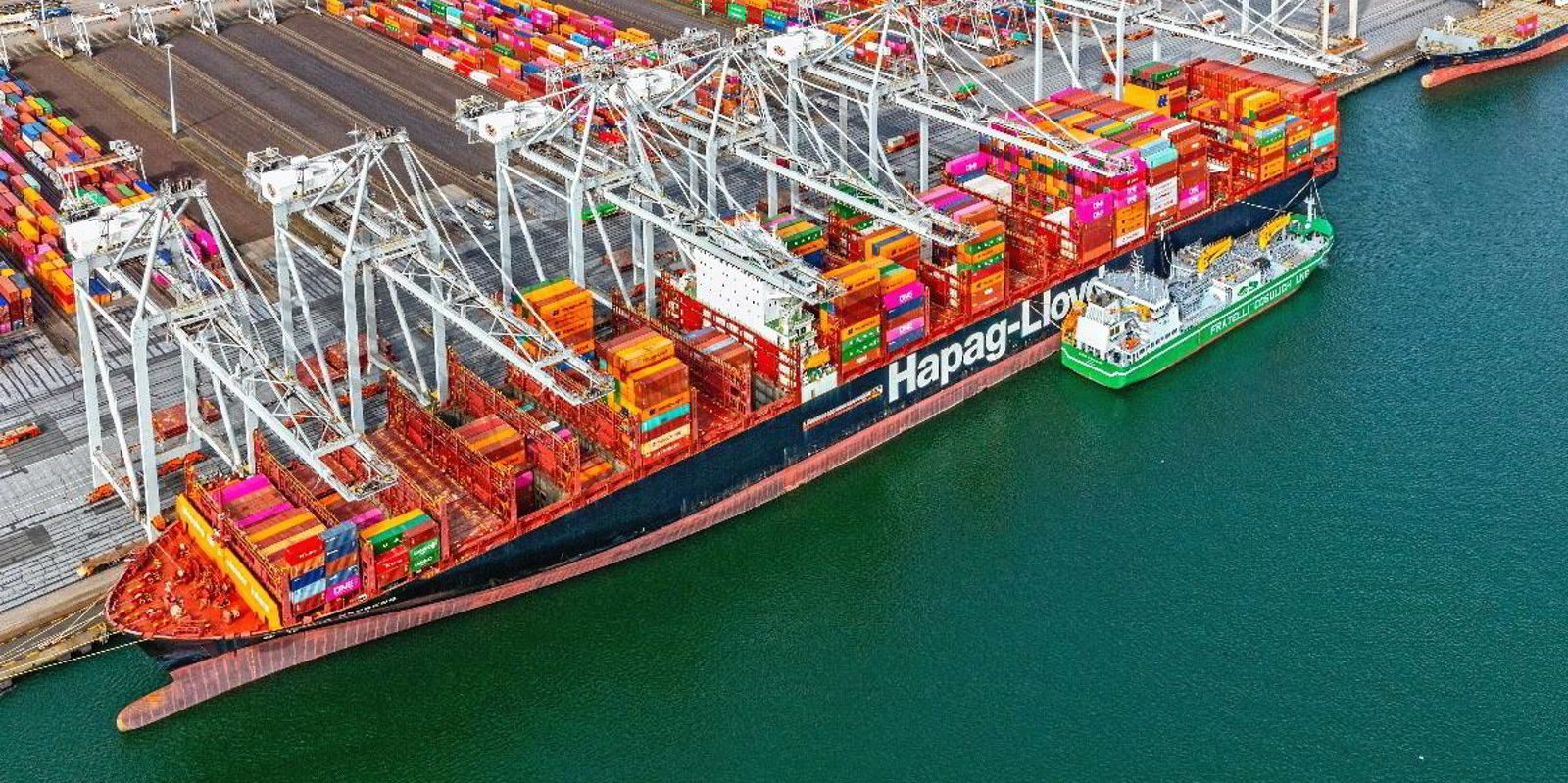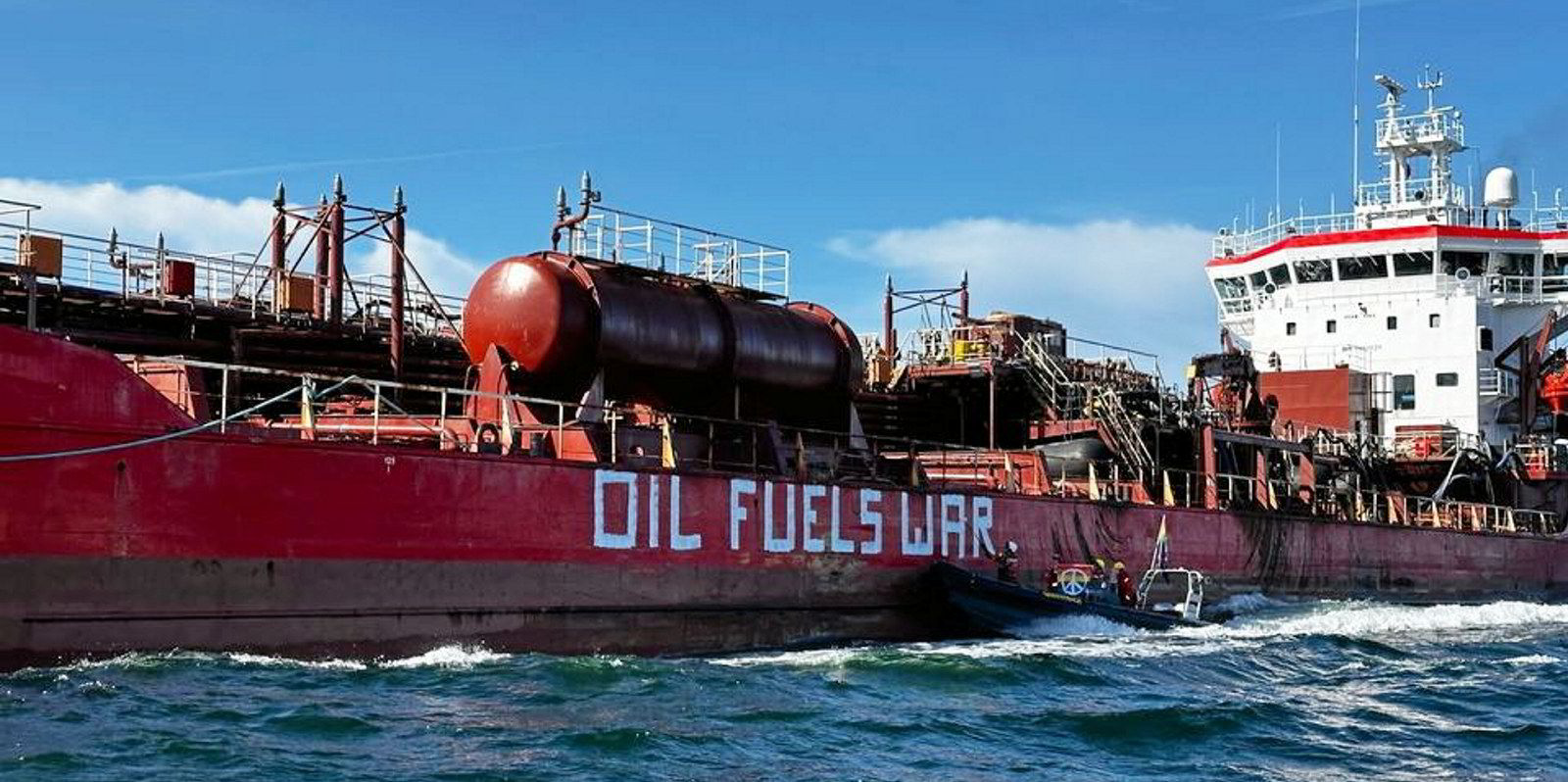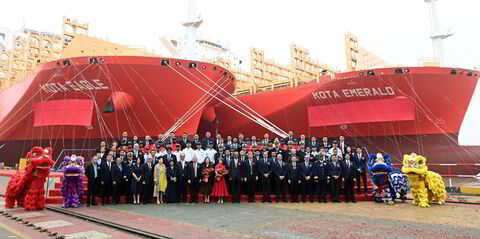The European Union’s Emissions Trading System is complex, it is not built for shipping and some of its rules are not even finalised yet.
So shipping’s entry into the scheme on 1 January this year is seen as an opportunity for third-party ship managers aiming to help their shipowner customers navigate the maze.
Among the technical managers focused on the emissions business is Singapore’s Synergy Marine, whose Azolla decarbonisation arm teamed up with carbon trading house Vertis Environmental Finance last month.

The partnership aims to leverage Vertis’ emissions markets position with Synergy’s ship management experience and customer base.
Frederic Bouthillier, the head of shipping at Vertis, noted that technical managers are not new to Brussels’ carbon regulations, because they already have to supply data to the EU’s emissions data system, known as the Monitoring Reporting & Verification system (MRV).
He said that for a ship manager like Synergy, the EU emissions trading regime offers an opportunity to add a service to the package for shipowners, and for Vertis, it means access to the more than 700 vessels in the Synergy fleet.
“Clearly it was … a unique opportunity for the technical manager, and for us at Vertis, it’s a unique entry point,” he told TradeWinds’ Green Seas podcast, explaining that his company can speak to one entity that represents hundreds of ships. “It’s a win-win.”
At first, as shipping hurtled towards inclusion in the ETS, there was worry that third-party ship managers would have to shoulder the burden of submitting carbon credits that must be purchased to cover European voyages.

EU officials eventually made it clear that a ship’s owner is responsible.
Wilhelmsen Ship Management chief executive Carl Schou said he could not be happier with how it came out, since before January the holder of a ship’s document of compliance was responsible for the credits known as EU Allowances.
“For a ship manager, that meant we would be responsible for the shipowner’s emissions, which is not a very practical solution,” Schou told the podcast. “So when they changed this to the registered shipowner, this took quite a large burden off our shoulders.”
Despite initial fears of a burden, Singapore-based Wilhelmsen Ship Management saw an opportunity some time ago.
In February last year, it announced that it would create a new venture, Hecla Emissions Management, with broking house Affinity Shipping. (Shipbrokers also long ago spotted emissions trading as an opportunity for new business.)
Schou regards emissions management as part of a catalogue of services that includes Wilhelmsen’s existing services in technical management and crew management.

“We see that this new regulation … in many ways is a catalyst for ship managers — or at least, the bigger ones, the more serious ones — to evolve from just managing your ship getting from A to B to also moving into the kind of the emissions management space, being able to now offer a one-stop service,” Schou said.
For Synergy, also key to its offering in this space is Casper, a software platform that provides emissions accounting for its shipowner customers.

Mathavan Subbiah, chief executive of marine services & corporate functions at the ship manager, said it is important to understand the evolving dynamics and responsibilities under both the ETS and the upcoming FuelEU Maritime law, which caps carbon intensity.
“Traditionally, the technical manager is overseeing regulatory aspects,” he said. “Now, in this particular case, the onus is on the registered owners when it comes to ETS, so this shift can pose challenges, especially for companies with multiple registered owners needing more expertise to meet ETS compliance.”
He said technical managers bring experience and resources because of their role with the EU’s MRV system.
Subbiah said the complexities of mounting environmental regulations can be daunting for shipowners, and he sees the company’s role as providing guidance to navigate that labyrinth.
And the role of ship managers goes beyond complying with new EU rules.
“How do we support shipowners? By empowering them with knowledge and tools like Casper to help them to optimise fuel selection … maximising energy efficiency and minimising environmental impact,” he said.

Why might shipowners need help dealing with EU emissions trading, rather than handling it in-house?
Schou pointed to a number of complexities, including the regulatory compliance burden for shipping companies in an international industry in which they may not have a presence in the EU but still have to buy carbon allowances for their European voyages.
“The EU ETS originally started as an emissions scheme for land-based industry, and then this was pushed onto the maritime industry more or less as is,” he said.
“In other words, it hasn’t been tailor-made for the maritime industry. In other words, this leads up to a situation where we have a land-based system which has just been pushed onto the maritime side.”
There is nothing wrong with that, he said, but it is not designed, for example, for a complex, fragmented industry in which a shipowner headquartered in Japan has a fleet registered in Panama and no European office.
And he said that even though shipping became subject to the system in January, there are still aspects of the regulation that are not finalised.
Schou pointed to expectations that emissions regulations will proliferate.
“When we see the way the EU ETS has been structured and made, this will probably be rolled out in different places around the world,” he said.
“So this is not going to stop with the EU, at least in our opinion.”
Read more
- Podcast: Time to buy into the EU carbon credit rollercoaster?
- Navigator carries out first ship-to-ship ammonia transfer with StealthGas
- Zodiac Maritime, Fortescue and more pile cash into green fuel project
- Maersk resumes Panama Canal transit service as rainy season approaches
- ‘Teslas of the seas’: The ammonia-fuelled vessels poised for their debut



